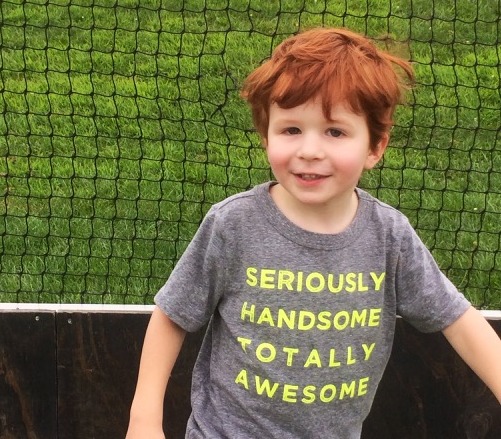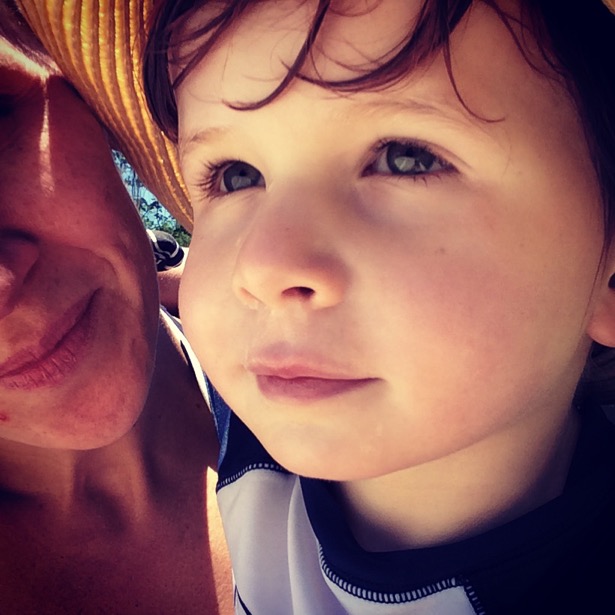During each of my waking moments today — and likely all of those in which I’m sleeping as well — I will be thinking about autism in some way. You see, that’s because my beautiful, red-headed, skinny, tall, affectionate, hysterically funny son was diagnosed to be on the spectrum just after his second birthday.
On April 2, many people will be thinking about autism in some way, as it is Autism Awareness Day. My inbox runneth over with reminders from various groups to which I subscribe that April 2 is Autism Awareness Day. My Facebook page is inundated with similar reminders. It’s a powerful thing to see so many people rally together in support of a special needs community. But at the same time, I wonder what this day means to those people who are not directly affected by autism. What would it have meant to me two and a half years ago? Probably not much.
On April 2, most news outlets and many talk shows, some schools and some radio shows, will devote some time to talk about autism. They’ll spout out the statistics—1 in 68 children, 1 in 42 boys—but what do numbers mean to those who aren’t personally affected? Those who don’t have a child, a grandchild, a niece or nephew on the spectrum? Those who don’t teach children in special needs classrooms?
The statistics, while important, have been repeated so many times that I’m afraid they’ve lost all their meaning, their importance, their impact. And they shed little light on what it means to have autism. We need to be aware of more than just the statistics.
Awareness is important. By being aware, we can understand. We can empathize. We can restrain our judgments. We can attempt to be helpful. We can learn. We can teach others what we know.
So if you see a child throw a tantrum in the middle of a store, don’t judge. Don’t shake your head. Don’t mutter things under your breath. This may not be a tantrum — it might be a meltdown due to overstimulation. Children on the spectrum have difficulty expressing themselves and can get overwhelmed by lights, noise and activity around them. It’s difficult for them to process the flurry of activity that you or I can simply filter out.
If you see a child preoccupied with his or her iPad or another electronic device, don’t judge. Maybe this child is on the spectrum. Many such devices are not only used to aid in communication, but can also be great tools in helping a child who is overwhelmed by the outside world. They provide a focus, and often white noise, to the cacophony of noises and whirlwind of activity that a child on the spectrum cannot handle.
If you see a child refusing to eat certain things, eating with his or her hands, or being hand-fed by his or her parents, don’t judge. Children on the spectrum often have sensory issues with food, and avoid eating—and even touching—things of certain textures. Autism can affect one’s motor skills as well, making eating with utensils a struggle.
If you see an older child being pushed in a stroller, don’t judge. The child isn’t lazy, and neither are the parents. Strollers are often a necessity for older children on the spectrum, whose poor motor skills make walking long distances a struggle. Also, children on the spectrum may pose a risk for elopement — or running away. Strollers can assist parents in cutting down on this safety risk.
If you see a child flapping his or her arms or walking on his or her toes, or making strange sounds, or repeating the same words over and over again, don’t look away. That child is beautiful and perfect just as he or she is. Smile at him, even though he may not smile back.
The Mighty is asking the following: Can you describe the moment someone changed the way you think about a disability or disease? If you’d like to participate, please send a blog post to community@themighty.com. Please include a photo for the piece, a photo of yourself and 1-2 sentence bio.
Want to end the stigma around disability? Like us on Facebook.
And sign up for what we hope will be your favorite thing to read at night.


